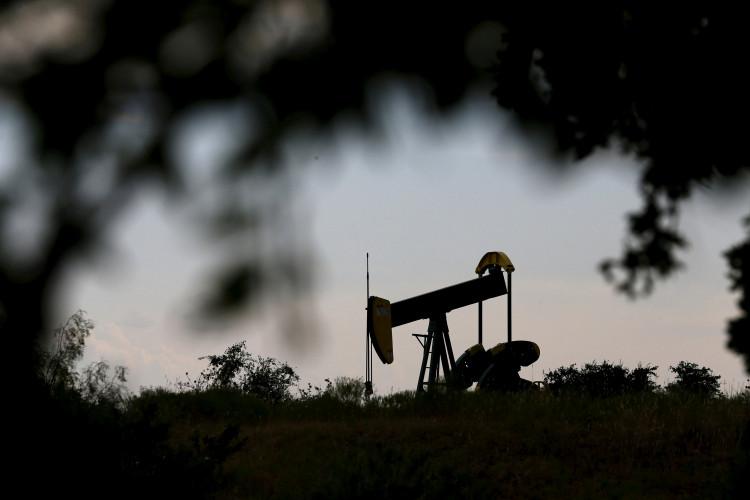In a dramatic turn of events, oil prices have witnessed a significant surge as the conflict between Israel and Hamas intensifies, sending shockwaves through global markets. The ongoing military confrontations and political uncertainties in the Middle East have led to heightened concerns among investors and traders, resulting in volatile oil prices.
Global benchmark Brent traded 4.07% higher, reaching $88.02 a barrel on Monday. Concurrently, the U.S. West Texas Intermediate futures saw an increase of 4.25%, settling at $86.31 per barrel. This sharp rise in oil prices comes in the wake of a multi-pronged infiltration into Israel by the Palestinian militant group, Hamas. The surprise attack involved a coordinated effort by land, sea, and even air, using paragliders. This audacious move by Hamas followed the launching of thousands of rockets from Gaza into various parts of Israel.
The human cost of this conflict has been devastating. As of the latest reports, at least 700 Israelis have tragically lost their lives. On the Palestinian side, the Health Ministry has recorded 313 deaths to date. These numbers underscore the severity of the situation and the urgent need for a peaceful resolution.
While the immediate impact of the conflict on oil prices is evident, some analysts believe that this surge might be a temporary, knee-jerk reaction. Vivek Dhar, the director of mining and energy commodities research at the Commonwealth Bank, commented on the situation. He stated, "For this conflict to have a lasting and meaningful impact on oil markets, there must be a sustained reduction in oil supply or transport. Otherwise, and as history has shown, the positive oil price reaction tends to be temporary and easily trumped by other market forces." Dhar further added that the conflict does not directly threaten any major source of oil supplies.
It's worth noting that neither Israel nor the Palestinian territories are major players in the oil market. Israel has two oil refineries with a combined capacity of almost 300,000 barrels per day. However, according to the U.S. Energy Information Administration (EIA), Israel has "virtually no crude oil and condensate production." Similarly, the Palestinian territories do not produce oil.
Yet, the geographical location of the conflict is of paramount importance. The Middle East is a key oil-producing and export region for global consumers. The overarching concern for the market is the involvement of oil-rich Iran. If Western countries can officially link Iranian intelligence to the Hamas attack, then Iran's oil supply and exports could face significant risks. Since the U.S. re-imposed sanctions on Iran in 2018, its oil exports have been limited. However, there was a brief period of growth in Iran's oil exports and production between the end of 2022 and mid-2023, as reported by Citi.
The potential for the conflict to escalate regionally is another concern. Henning Gloystein, Eurasia Group's Director of Energy, Climate, and Resources, mentioned the risk of Iran being drawn into the conflict. He stated, "If Iran is sucked into it, there could also be supply issues, though we're not at that stage yet."
While the immediate repercussions of the Israel-Hamas conflict on oil prices are clear, the long-term implications remain uncertain. The global community watches with bated breath, hoping for a swift resolution to the conflict and stability in the oil markets.





